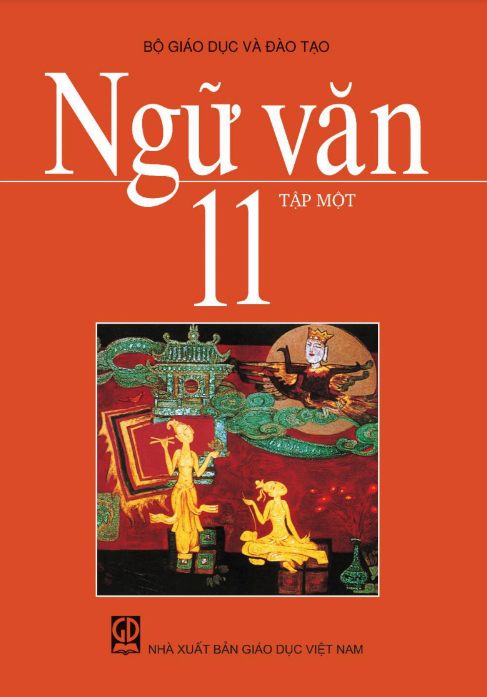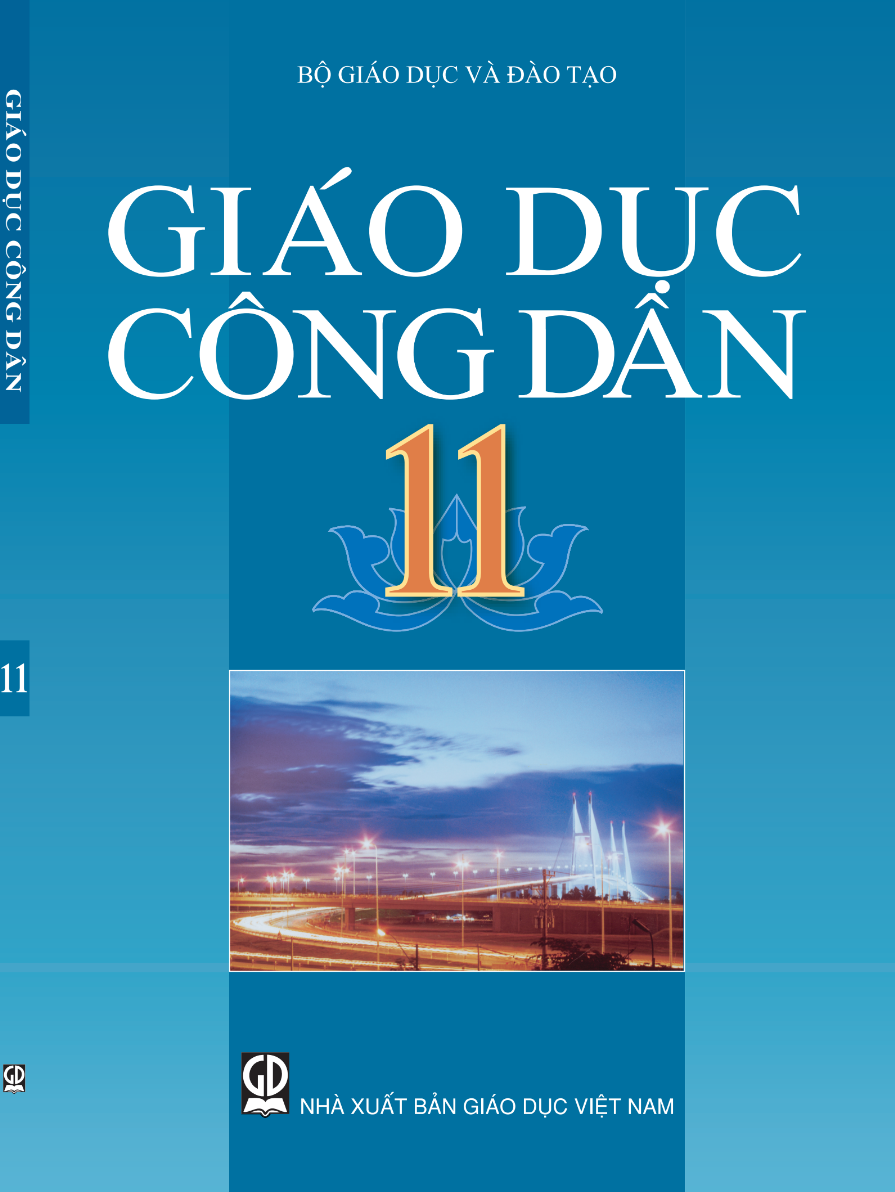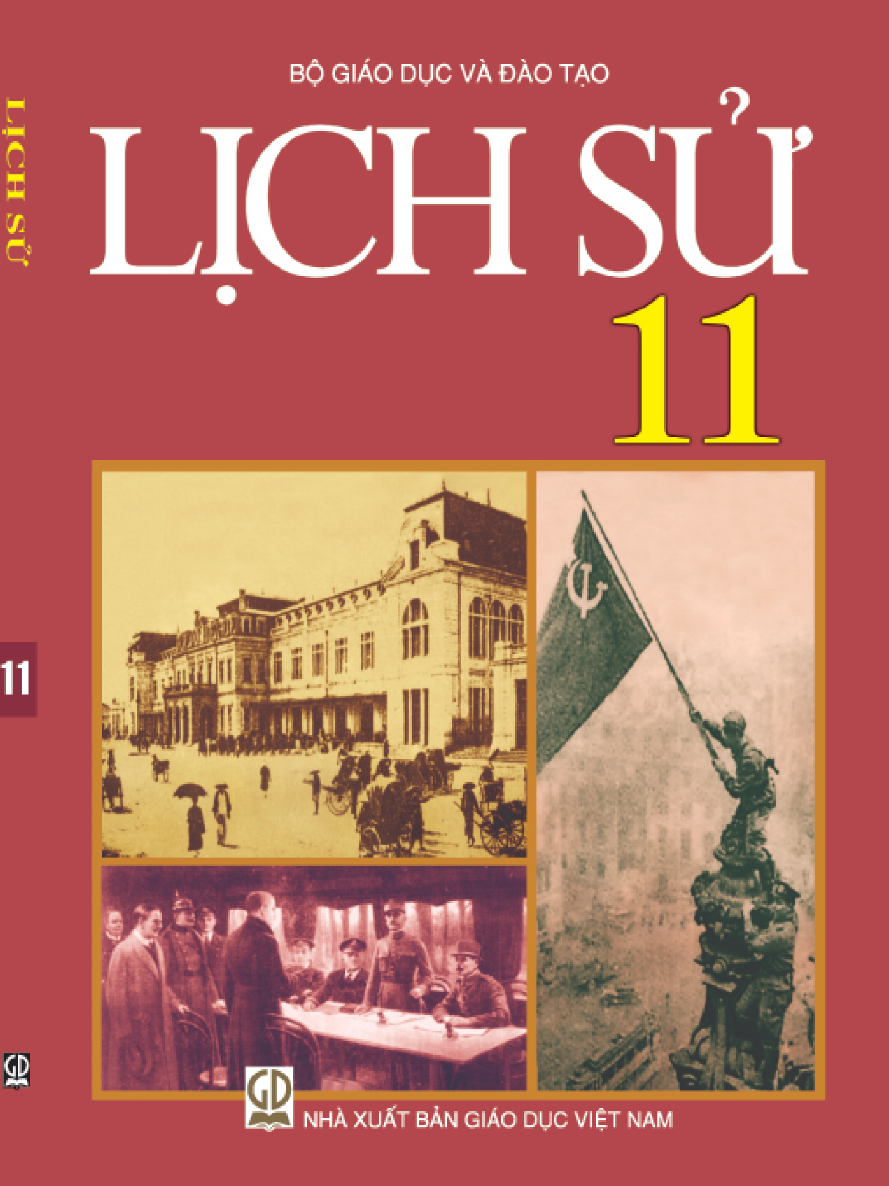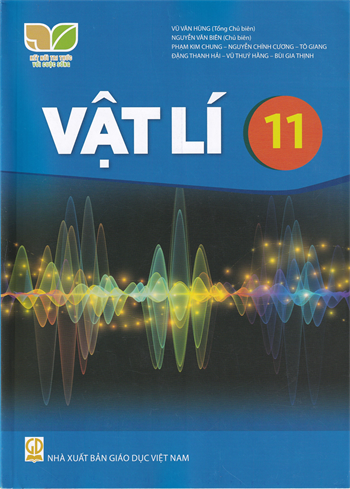(page 64)
I can use must, have to and past modals correctly.
1 Read the dialogue. Who has a problem with their phone: Freya, Archie or both? Explain your answer.
Freya I can't find my camera, Archie.
Archie There it is. It's under your bag. Why do you have to bring it to class?
Freya I must take it to my photography class today. By the way, I didn't understand that email you sent me yesterday.
Archie I didn't send any emails yesterday.
Freya Well, you might have sent it earlier. But I got it yesterday.
Archie I can't have sent you an email. My phone hasn't been working for a week.
Freya Somebody must have used your account. The email had a link to a competition, but when I clicked on it, nothing happened.
Archie Oh no! You shouldn't have clicked on the link. You've possibly downloaded some malware onto your phone.
Freya That's terrible! You should have warned me earlier.
Archie I didn't know! Anyway, you might not have downloaded anything. It's possible that you were lucky. You just need to wait and see.
Freya Anyway, you need to warn your other friends. That email could have gone to everybody in your address book!
2 🎧2.20 PRONUNCIATION Listen to the dialogue. How is have pronounced?
LEARN THIS! Must vs have to
a Must and have to both mean obligation. Must expresses obligation imposed by the speaker while have to expresses external obligation.
b Mustn't: it's necessary not to do something
You mustn't use a dictionary during your test.
c Don't have to: it's not necessary to do something
You don't have to answer all of the questions.
3 Read the Learn this! box. a) Underline must/have to + infinitive in the dialogue. Then complete the following sentences using must mustn't have to don't have to.
1 A hotel receptionist ________ be good at communication.
2 You ________ pay for the tickets in advance.
3 Examinees ________ switch off all modern gadgets during the exams.
4 You ________ leave litter lying around.
LEARN THIS! Modal verbs
a We use may / might / could have + past participle for speculating about past events.
She may/might/ could have gone home hours ago. (= It's possible she went home hours ago.)
b We use may / might not have + past participle (but not could not have) as the negative.
She didn't phone. She might/may not have known my number. (= It's possible she didn't know it.)
c We use must have and can't / couldn't have + past participle to make logical deductions about the past.
You can't/couldn't have seen Louis in town. He lives abroad now. (= It's not possible that you saw him.)
You must have seen somebody who looks like him. ( That is the only possible explanation.)
d We use should / shouldn't have + past participle to criticise past actions.
You should have phoned her before you went out.
You shouldn't have used all the credit on your phone.
4 Read the Learn this! box. Underline the past modal verbs in the dialogue in exercise 1.
→ Grammar Builder 5.2 page 123
5 USE OF ENGLISH Complete the second sentence so that it means the same as the first. Include the word in brackets.
1 It was a bad idea for you to lend Jake your phone.
(shouldn't)
You __________________________________ Jake your phone.
2 It's possible that Fraser deleted your messages by accident. (could)
Fraser __________________________________ by accident.
3 The only possible explanation is that you sent that email to the wrong person. (must)
You __________________________________ to the wrong person...
4 It's possible that I didn't dial the correct number. (may)
I __________________________________ the correct number.
5 Leaving your phone on was a bad idea. (should)
You__________________________________ your phone off.
6 It's not possible that Tom phoned Kim. (can't)
Tom __________________________________ Kim.
6 SPEAKING Work in pairs. Describe the photo. Say what might/must/can't have happened.

























